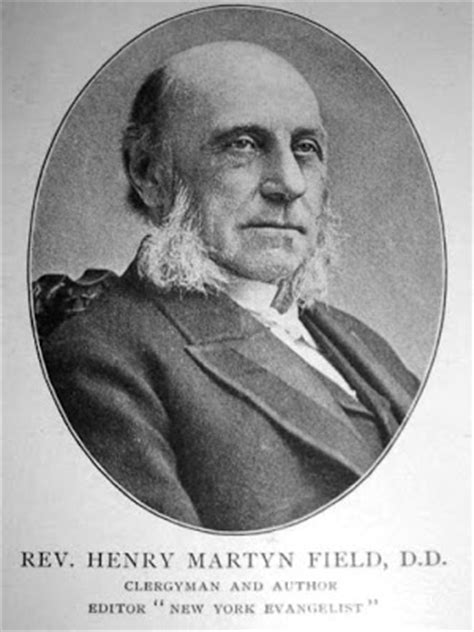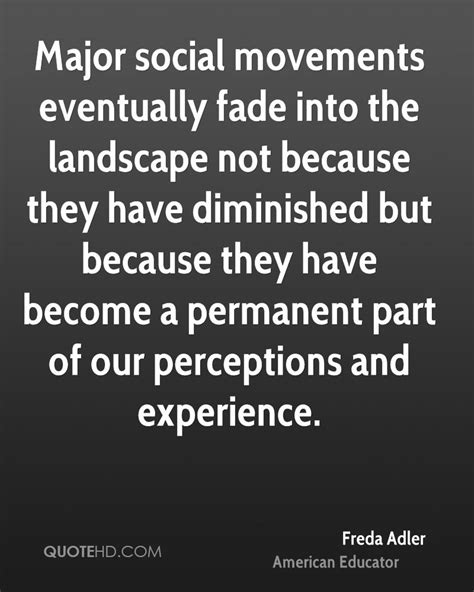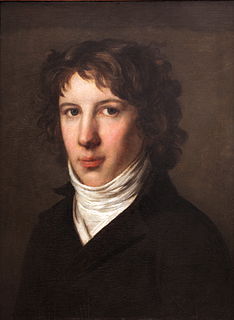A Quote by Marquis de Sade
The mechanism that directs government cannot be virtuous, because it is impossible to thwart every crime, to protect oneself from every criminal without being criminal too; that which directs corrupt mankind must be corrupt itself; and it will never be by means of virtue, virtue being inert and passive, that you will maintain control over vice, which is ever active: the governor must be more energetic than the governed.
Related Quotes
If you do not want the State to act like a criminal, you must disarm it as you would a criminal; you must keep it weak. The State will always be criminal in proportion to its strength; a weak State will always be as criminal as it can be, or dare be, but if it is kept down to the proper limit of weakness - which, by the way, is a vast deal lower limit than people are led to believe - its criminality may be safely got on with.
The eyes of mankind will be upon you to see whether the Government, which is now more popular than it has been for many years past, will be productive of more virtue moral and political. We may look up to Armies for our Defense, but Virtue is our best Security. It is not possible that any State should long remain free, where Virtue is not supremely honored.
If what was said in the Ethics is true, that the happy life is the life according to virtue lived without impediment, and that virtue is a mean, then the life which is in a mean, and in a mean attainable by every one, must be the best. And the same principles of virtue and vice are characteristic of cities and of constitutions; for the constitution is in a figure the life of the city.
It makes that a virtue which is not a virtue, and that a crime which is not a crime. Religion consists in a round of observances that have no relation whatever to natural goodness, but which rather exclude it by being a substitute for it. Penances and pilgrimages take the place of justice and mercy, benevolence and charity. Such a religion, so far from being a purifier, is the great corrupter of morals.
In existing criminology there are concepts: a criminal man, a criminal profession, a criminal society, a criminal sect, and a criminal tribe, but there is no concept of a criminal state, or a criminal government, or criminal legislation. Consequently what is often regarded as "political" activity is in fact a criminal activity.
At the risk of repetition let me say again that my plea is not for immunity to, but for the most unsparing exposure of, the politician who betrays his trust, of the big business man who makes or spends his fortune in illegitimate or corrupt ways. There should be a resolute effort to hunt every such man out of the position he has disgraced. Expose the crime, and hunt down the criminal; but remember that even in the case of crime, if it is attacked in sensational, lurid, and untruthful fashion, the attack may do more damage to the public mind than the crime itself.
The legislator commands the future; to be feeble will avail him nothing: it is for him to will what is good and to perpetuate it; to make man what he desires to be: for the laws, working upon the social body, which is inert in itself, can produce either virtue or crime, civilized customs or savagery.
lf the attribute of popular government in peace is virtue, the attribute of popular government in revolution is at one and the same time virtue and terror, virtue without which terror is fatal, terror without which virtue is impotent. The terror is nothing but justice, prompt, severe, inflexible; it is thus an emanation of virtue.
If men were angels, no government would be necessary. If angels were to govern men, neither external nor internal controls on government would be necessary. In framing a government which is to be administered by men over men, the great difficulty lies in this: you must first enable the government to control the governed; and in the next place oblige it to control itself. A dependence on the people is, no doubt, the primary control on the government; but experience has taught mankind the necessity of auxiliary precautions.





































